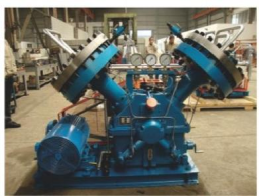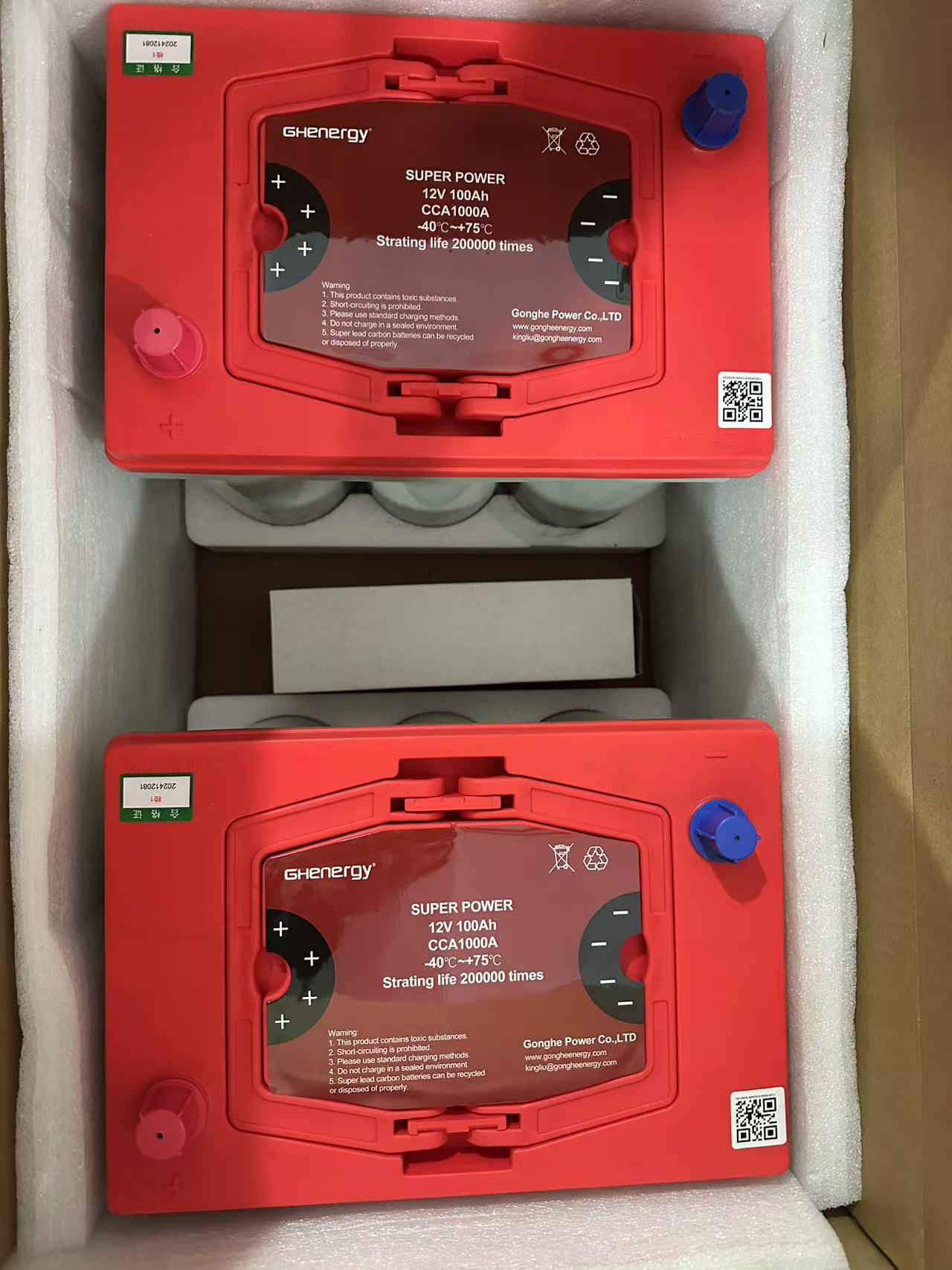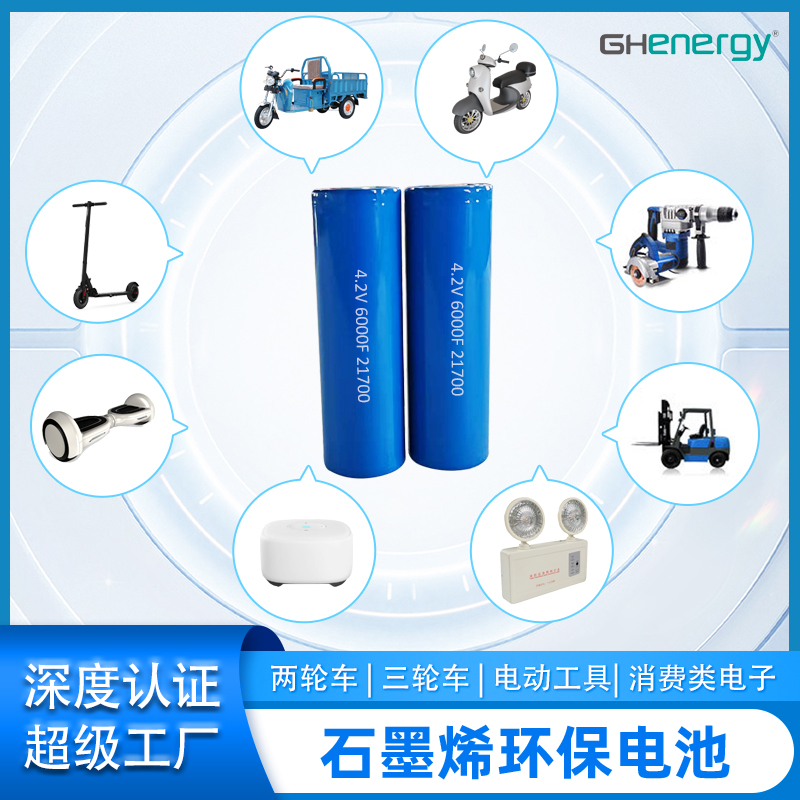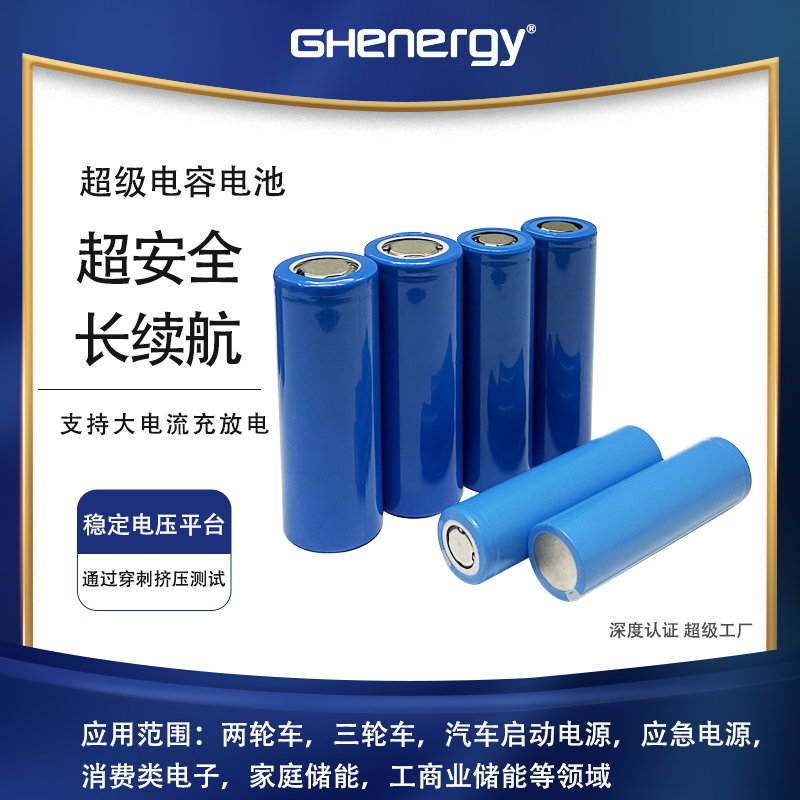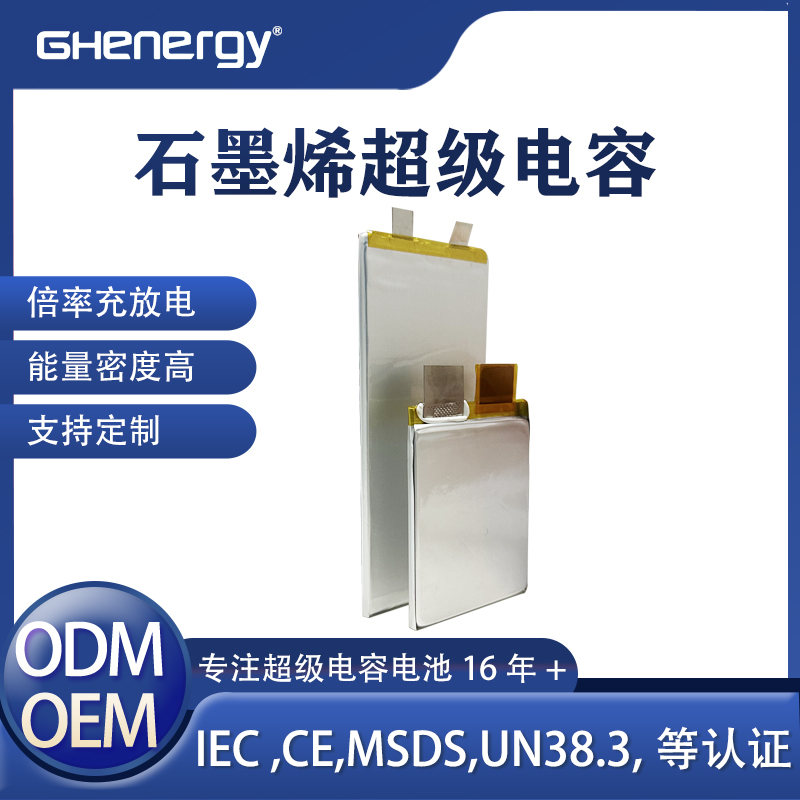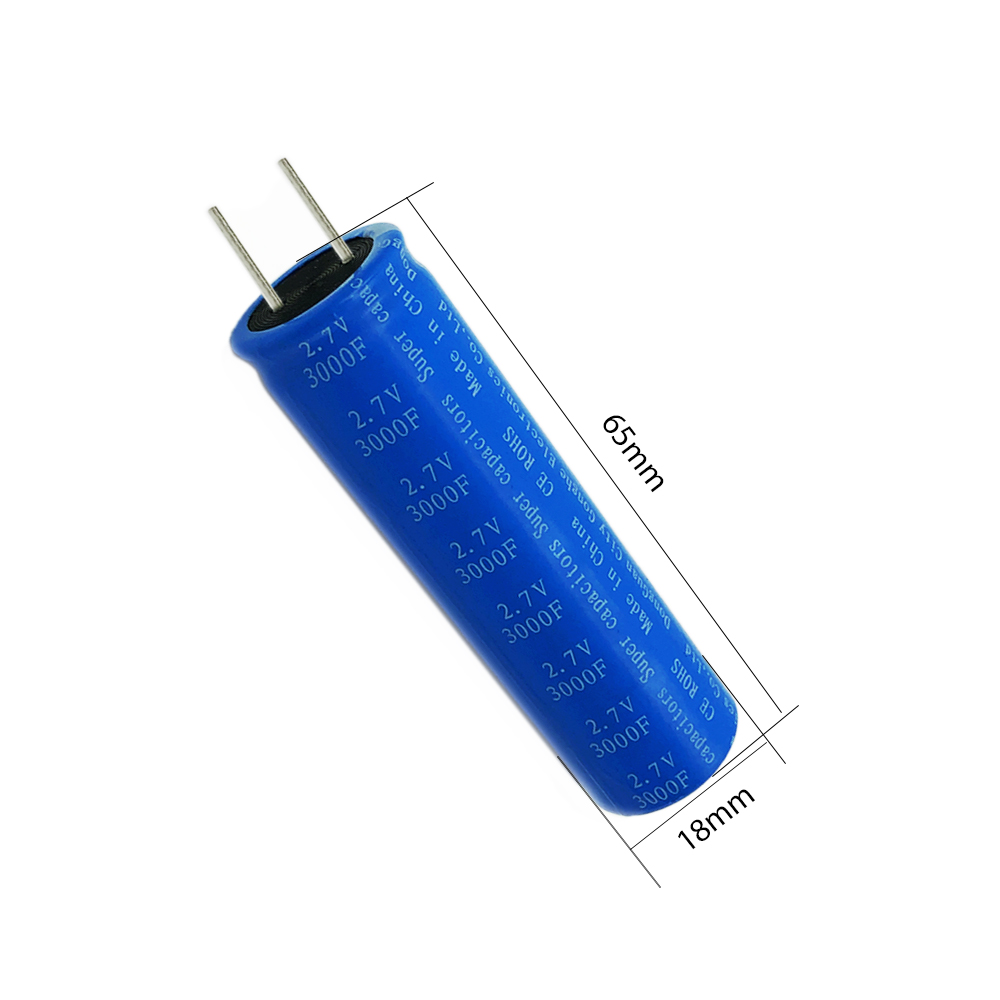 Wedoany.com Report-Feb 18, Researchers have developed a catalyst technology that significantly extends the lifespan and efficiency of hydrogen production, paving the way for low-cost, large-scale applications.
Wedoany.com Report-Feb 18, Researchers have developed a catalyst technology that significantly extends the lifespan and efficiency of hydrogen production, paving the way for low-cost, large-scale applications.
A joint research team from the University of Chinese Academy of Sciences and Peking University applied a special protective layer to the surface of platinum-based catalysts, enabling them to operate continuously for over 1,000 hours in hydrogen production reactions. This advancement marks a major step toward making low-cost, large-scale hydrogen production a reality.
While highly active catalysts can significantly boost reaction efficiency, they often deactivate quickly due to structural collapse and loss of active components. "The key challenge is to enhance the catalysts' stability without compromising activity," said Zhou Wu, a professor from the University of Chinese Academy of Sciences, as reported by the Science and Technology Daily on Monday.
The researchers have engineered a nanoscale "protective shield" by fabricating a rare earth oxide nanolayer on the catalyst surface. This innovative structure selectively covers redundant sites on the carrier surface, providing precise protection to the critical catalyst interface.
Experimental data shows that in the methanol-water reforming reaction for hydrogen production, the new catalyst maintained stable operation for over 1,000 hours. Even more impressively, it demonstrated exceptionally high activity, achieving a catalytic turnover number exceeding 15 million.
This study not only addresses a critical scientific challenge but also opens new possibilities for the sustainable production of hydrogen, a clean energy source crucial for combating climate change.

